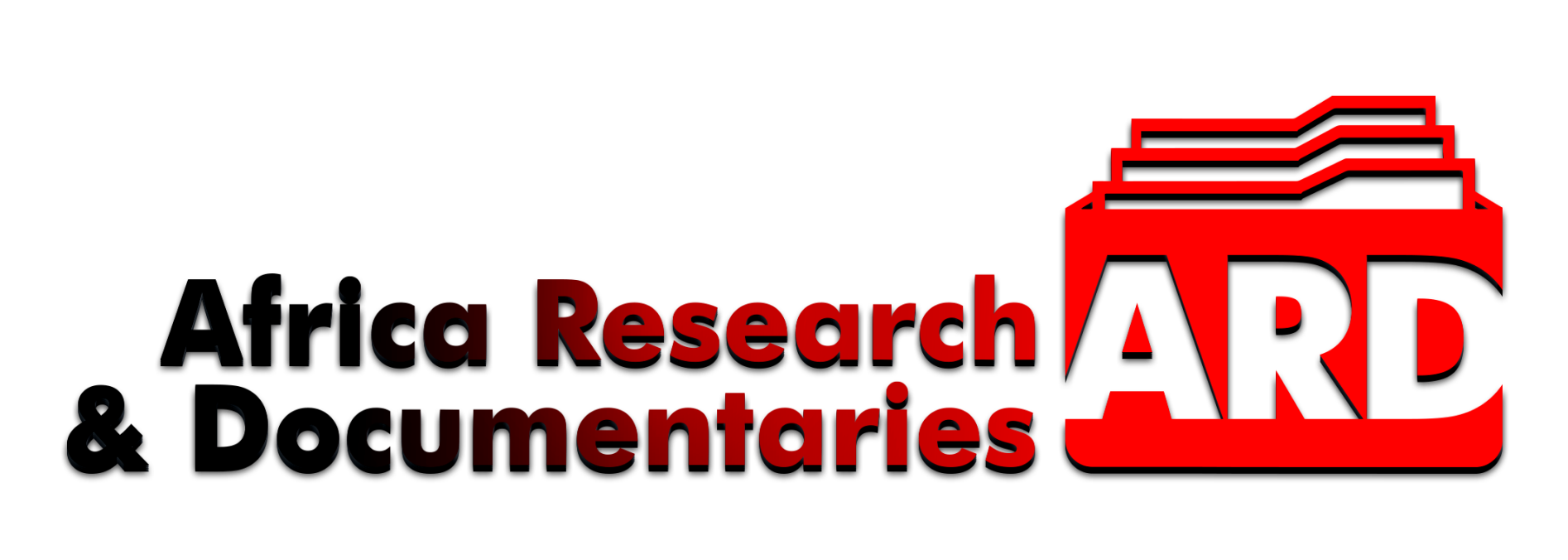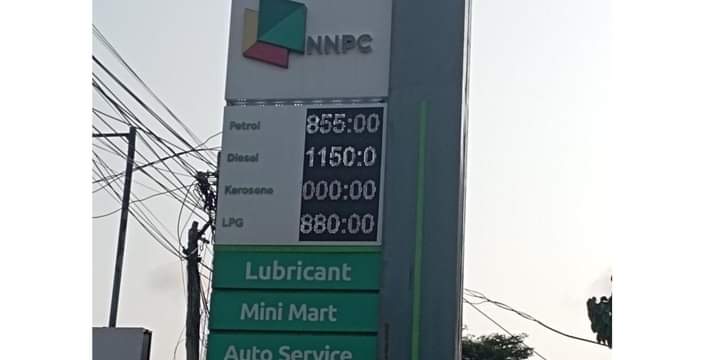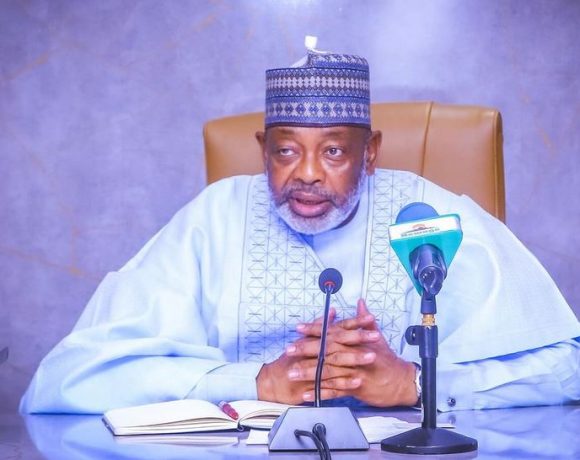Fuel Prices Remain High Despite Promises of Relief
Price Hike
Nigerians continue to feel the sting of high fuel prices across the country, despite ongoing promises from the government. Since the removal of fuel subsidies earlier this year, the cost of petrol has soared, making transportation and basic living more expensive for many. As of now, the average price per litre hovers around N600 to N700, depending on the region. While this price hike was meant to ease pressure on government spending, the reality for everyday Nigerians has been increased financial strain.
Fuel Scarcity Hits Some States
To make matters worse, several states are now experiencing fuel shortages, with long queues once again forming at petrol stations. The scarcity has been attributed to distribution challenges and marketers holding back supply, hoping for a potential increase in prices. This situation has led to increased black-market activity, where fuel is sold at even higher rates.
Government Promises Solutions
In response to the public outcry, the Nigerian National Petroleum Corporation (NNPC) recently assured citizens that efforts are underway to stabilize fuel prices and improve availability. The NNPC has been working on agreements with foreign suppliers to import more petrol and reduce the impact of currency exchange rates on fuel costs. The Minister of Petroleum, along with other key officials, has urged Nigerians to be patient as the government seeks long-term solutions to the fuel crisis.
Nigerians are feeling the impact of rising fuel prices daily. We are working to stabilize the situation, but it will take time to see real changes.
— Nigerian National Petroleum Corporation (NNPC)
How Nigerians Are Coping
Nigerians are finding various ways to cope with the persistent fuel price increases. Many have resorted to using public transportation more often or opting for cheaper alternatives like motorcycles (okadas). Businesses, particularly small-scale operators, are struggling to manage rising fuel costs, which has led to increased prices for goods and services. Meanwhile, others are cutting down on non-essential travel to conserve fuel.
What’s Next?
As Nigerians continue to adapt to the ever-changing fuel landscape, the pressure is on the government to deliver on its promises of relief. While talks of improving local refining capacity and reducing import dependency are in progress, citizens remain cautious about how soon they will see real changes in fuel prices and availability. In the meantime, staying informed and adjusting fuel usage remains key for Nigerians as they navigate this challenging situation.
In conclusion, the fuel situation in Nigeria remains a significant challenge, with high prices and occasional shortages affecting everyday life. While the government has promised solutions, many Nigerians are still waiting for real, lasting relief. As efforts to stabilize fuel costs continue, citizens are finding ways to adapt to the new normal. However, the hope remains that the government will act swiftly to ease the burden and ensure that fuel becomes more affordable and available soon.











